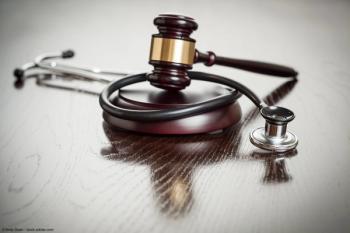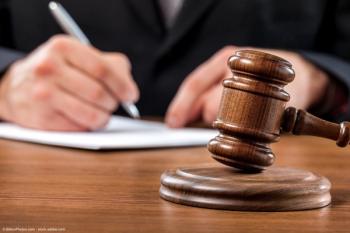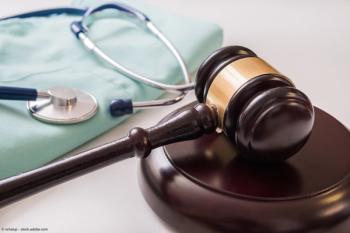
Urology malpractice consult: Qualities for successful expert witnesses
The ability to explain complex medical issues to laypeople is crucial.
Medical malpractice cases almost always involve complex technical questions that are at the heart of treatment decisions, yet cases are decided by juries comprised of people with no medical training. How are nonmedical professionals expected to accurately and fairly decide whether a physician committed malpractice? That’s where expert witnesses come in. Their testimony is provided to help jurors understand the issues so they can reach a verdict. This column discusses the role of the medical expert: necessary qualifications, their part in malpractice litigation, and qualities for success.
What is an expert witness?
Normally, witnesses testifying at trial are limited to talking about their personal knowledge of a case and can offer opinions or conclusions in specific, limited circumstances. Nonexpert witnesses cannot testify about scientific or technical principles outside the common understanding of the average person. By contrast, expert witnesses are allowed to offer their opinions based on an after-the-fact review of what transpired and are not limited to their personal knowledge of the case. Their opinions and conclusions often involve technical questions or abstract principles.
Before a witness is permitted to offer an opinion, their qualifications, such as professional experience, must be established. In short, an expert witness is someone who has specialized skill, knowledge, education, or training. Additionally, the basis of an expert’s opinion must be grounded in concepts that are well accepted in the relevant medical or scientific community. In the context of medical malpractice litigation, before an expert witness can criticize a medical professional’s treatment decisions, the expert must show that they practice in a specialty that is the same as or similar to that of the health care professional accused of malpractice.
What is an expert witness’ role in malpractice litigation?
Expert testimony in malpractice cases is required for 2 different but related issues. First, an expert witness provides the testimony that is used to inform the judge and jury what the defendant in the case should have done in response to the specific facts presented. Once the standard of care is established, the expert can offer their opinion on whether the defendant’s actions were consistent with or a deviation from what was reasonable. The testimony of an expert witness may also be necessary to establish that the plaintiff’s claimed injury was caused by the conduct of the defendant. Alternatively, a defendant in a malpractice case may present testimony that the plaintiff’s injury was caused by something other than the treatment provided by the defendant.
Frequently, both the defendant and the plaintiff in a malpractice case will present expert testimony and present the jury with competing versions of what the standard of care required, whether the defendant’s conduct met that standard, and/or whether the defendant was the cause of the injuries at issue. Ultimately, the jury will determine which expert presented the most credible explanation of the issues in the case.
What qualities make an expert witness successful?
The role of an expert witness in malpractice litigation is not limited to offering testimony at trial. In fact, one of the expert’s most critical functions happens long before any trial. When a patient experiences an adverse outcome and begins the process of pursuing a legal claim, lawyers for the health care professional and the patient will undertake separate investigations of the merits of the potential lawsuit. In this investigation, the attorneys involved will ask experts in the relevant field to review the records and facts available. After this review, the lawyer will consult with the expert for a preliminary opinion on whether a viable claim exists based on the circumstances of the patient’s care. Initial expert consultations are crucial for accurately advising clients on whether the treatment at issue may result in legal liability or whether the care decisions are defensible. Although care providers can explain their treatment decisions, attorneys rely on medical experts to provide an outside perspective and impartial assessment.
Although early expert reviews are useful, in the event a case proceeds to a trial, a jury of laypeople will decide if a defendant is liable for a plaintiff’s injuries. The party that prevails will usually be the side that presents expert testimony that the jury finds most credible. Thus, the hallmark of a great expert witness is the ability to explain complex medical issues in a way that makes sense to people without medical training.
Newsletter
Stay current with the latest urology news and practice-changing insights — sign up now for the essential updates every urologist needs.






